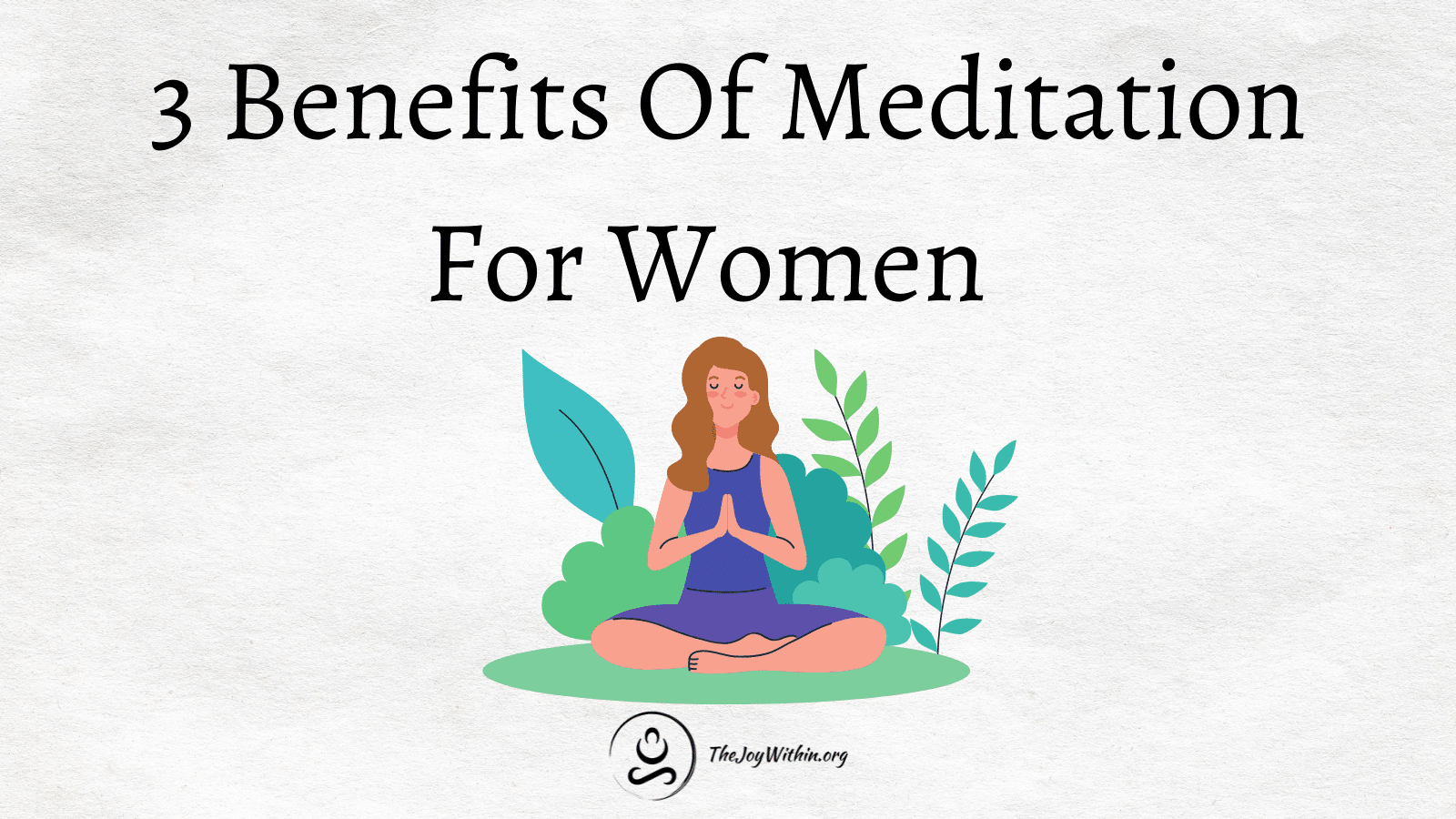As mothers, wives, workers, and more, women often lack time to themselves, resulting in higher levels of stress, or feelings of unfulfillment.
From relieving stress to easing symptoms of insomnia, people all over the world are utilizing meditation as a healthy and holistic tool to improve their lives.
Meditation is a specifically great tool for women to begin dedicating some time to themselves and focusing on their mindset.
This is not to say that meditation isn’t great for every gender. For the purposes of this article, though, we’ll be focusing on the ladies.
Meditation Benefits

Decrease Stress
According to the American Psychological Association, women are 8% more likely to report experience high levels of stress, with almost half of all women (49%) surveyed saying that their stress has increased over the past five years.
As you may already know, mediation is one of the most healthy and positive ways to reduce stress.
In fact, it has the ability to reprogram our brains into becoming more capable of managing our emotions and everyday stressors.
This is because focusing our attention on only our mind and breath allows us to eliminate jumbled thoughts and reach a deeper state of relaxation.
If you’re new to meditation, there are a ton of great guided practices and techniques specifically geared towards stress management.
Here’s two to get you started:
Guided Mindfulness Meditation to Relieve Stress and Anxiety
3 Simple Meditation Techniques to Reduce Stress
Self Love
As women, we are often our harshest critics.
When we’re feeling down or low on self-esteem, meditation and mindfulness practices can be a great way to lift our spirits learn to love ourselves.
But simply meditating without intention will not suffice.
The key to practicing self-love meditation is to incorporate affirmations or mantras to yourself during your practice.
As you meditate, focus on your breath. On each inhale and exhale, recite a positive phrase or mantra to yourself. This can be anything along the lines of “I am worthy,” or “I deserve happiness.”
With the goal of meditation being to clear our minds, there will be plenty of room for these new, positive thoughts to take their spot.
Notice how the words make you feel as you focus on your breath. The more you repeat these phrases to yourself, the more they will begin to believe them.
Sleep

Sleep disturbances and insomnia is a largely common issue in today’s hyperconnected world.
But did you know that 1 in 4 women in the U.S. experience insomnia, as opposed to 1 in 5 men, reports Women’s Health. Meditation is a powerful tool in helping people get to sleep more easily.
It helps to quiet the mind and body while enhancing inner peace through concentration and breathwork. It allows you to sort through and let go of the thoughts that are keeping your mind busy.
In fact, various research has suggested that different types of meditation can help treat insomnia and improve the sleep of those without preexisting conditions.
In particular, mindfulness meditation, or mental training to slow down your brain, has been known to improve the sleep quality of older omen and people with chronic insomnia.
So next time you’re struggling to get to sleep, stop counting sleep and start meditating.
Remember, meditation doesn’t have to look like anything specific.
While for some people it may mean getting up at 5 am each morning to practice while the sunrises, others may find solstice in a few moments of breathing before bed.
Whatever your meditation practice may be, the important part is you do your best to remain consistent; and approach it with an open mind and positivity.




